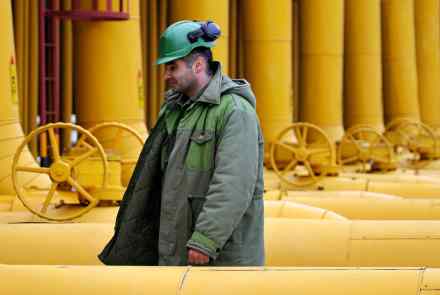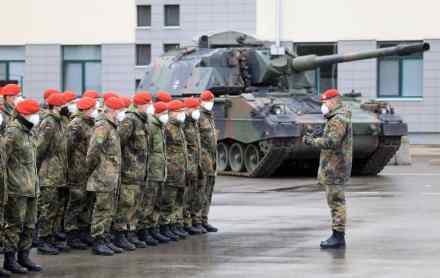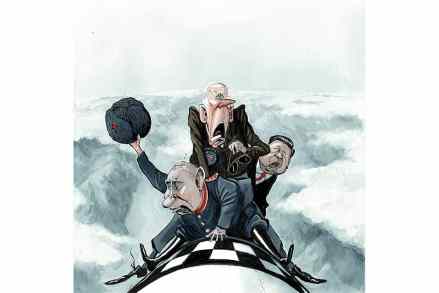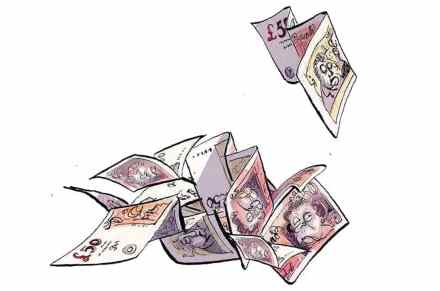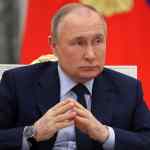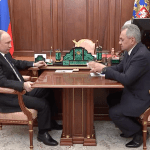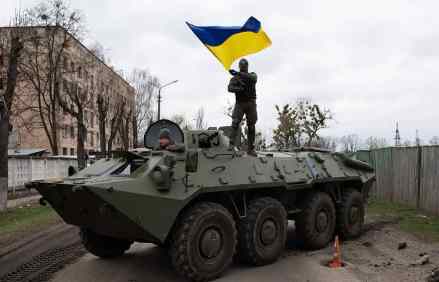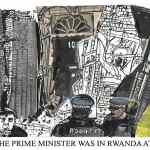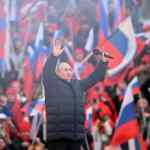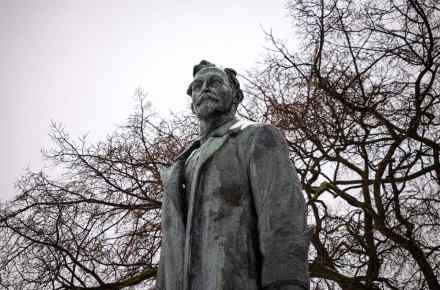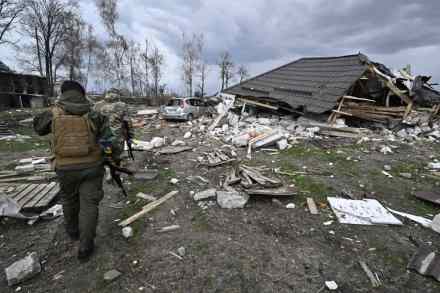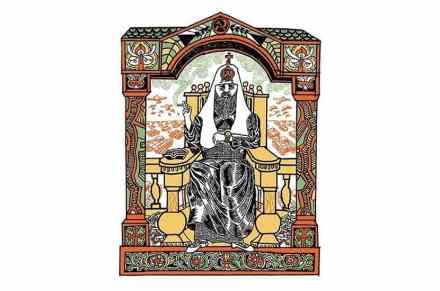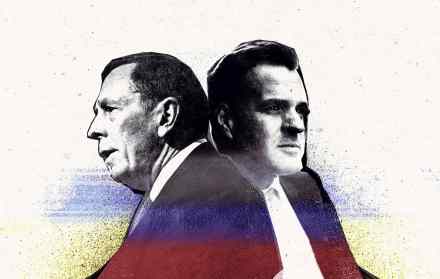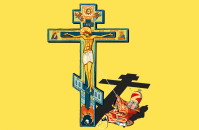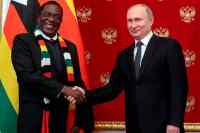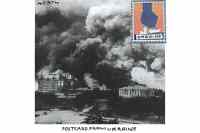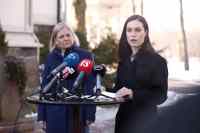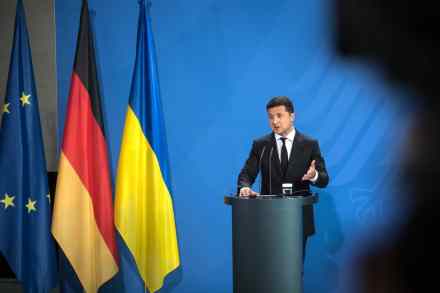How Russia is splitting the EU
Russia is turning off the gas to Poland; the country’s state-owned gas supplier has refused to pay Gazprom in roubles. Bulgaria has also said that Russia would shut off their gas supplies. This is a serious escalation and raises questions about how other countries will respond to the demand. The risk of EU unity fracturing is growing. For Vladimir Putin, the rouble demand serves an important geopolitical purpose: splitting the West. What Germany and its energy buyers will do is critical. Circumventing the sanctions, as it seems Germany is doing, especially while other EU countries are having their gas shut off for adhering to sanctions rules, will break EU solidarity. And
